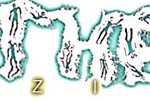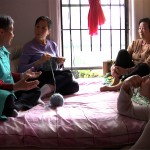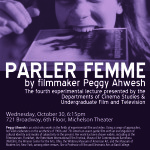Craig Baldwin & Other Cinema present “Chinatown Tales” in San Francisco
Prodigal daughter Sachs returns with a dramatic ethnography on a little-seen subculture: older residents of “shift-bed” apartments in New York’s Chinatown, where immigrants are jammed into shared rooms, beds in use around the clock.








